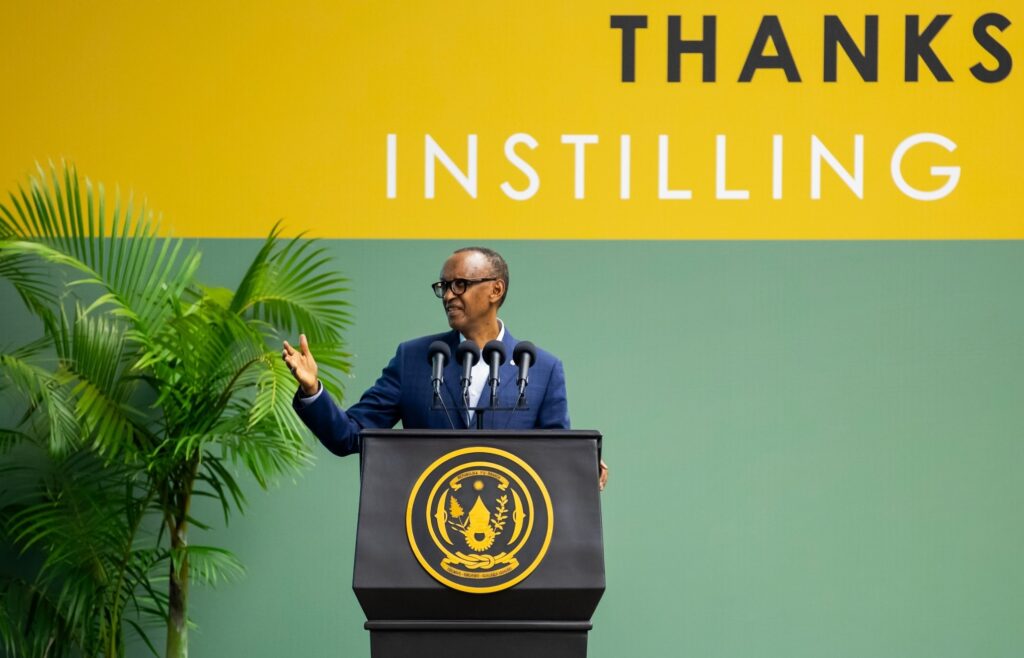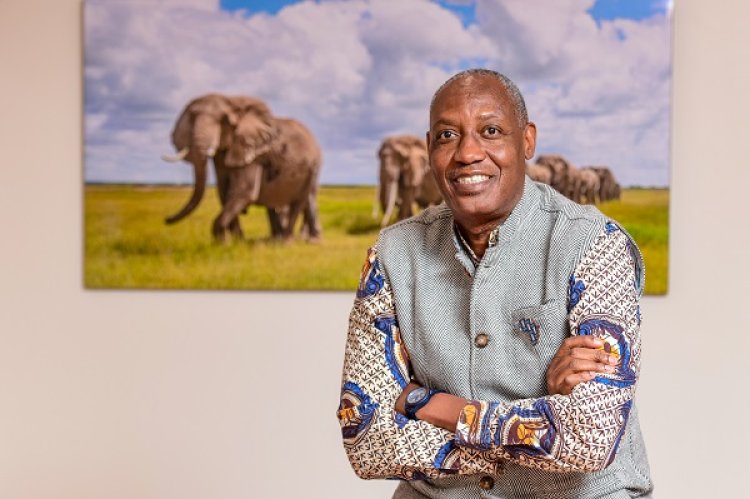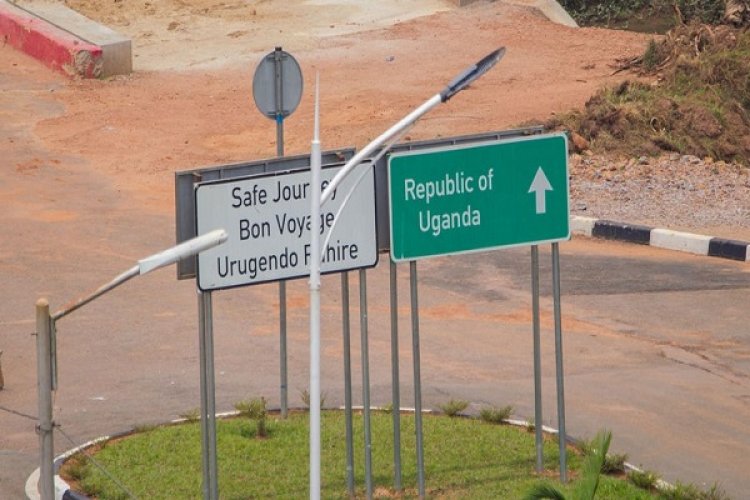How closely have you been paying attention to goings-on in Rwanda lately?
Series of incidents — from recent mass closure of church facilities, the sexual exploitation scandals to the widespread cyber violence characterised by ethnic undertones and distribution of obscene content — have laid bare the declining state of independent and critical thinking among the populace.
The ethic of blind obedience which authorities nurtured over the years has left the citizenry ill-equipped to think critically or question not just local politics, but things the world and life constantly throws at them, and make choices thereof.
The status quo is exploited by, among others, preachers, scammers and a wide range of fraudsters behind faith organisations, pyramid schemes, human trafficking rings, betting outlets and others.
Victims are largely unsuspecting Rwandans in the low income bracket, and especially the youth who are engulfed between the wrath of the meagre minimum wage of Rwf100 ($0.07) per day set 50 years ago and unchanged to date, the biting unemployment rate and rising inequality.
ALSO READ: Rwanda population on the rise: Is economy creating enough ‘decent’ jobs?
The preachers — fake or real — and fraudsters promise to turn their lives around through prayers, and visa to ‘paradise’ countries or high-return ‘investment’ deals respectively.
Victims bet their productive time and money only to suffer losses.
Preachers who prey on the vulnerable have gone ahead to amass both clout and wealth, and they command more following than local politicians and political parties. The trend has raised the ire of Rwandan authorities.
Wave of closures
The latter have since embarked on a nationwide crackdown, leaving over 8,000 church facilities closed last month. Authorities also banned activities of several faith based-organisations, and prohibited holding prayers in at least 110 sites, namely riversides, forests, caves, hilltops and the likes, across the country.
This was the second wave of closures following a similar clampdown in 2017, which affected at least 1,000 churches and mosque facilities in the capital Kigali.
At the time, noise pollution and non-compliance with the building code were cited as reasons for the closures, but this time authorities invoked something new: manipulation of the populace and the fact that the latter blindly follow without questioning.
The Rwandan ruler Paul Kagame, who recently extended his stay in power after garnering 99.18% votes, now wonders “why Rwandans accept this nonsense and rubbish.”
At a prayer service in the capital Kigali on September 15, he called section of the preachers scammers, thugs, criminals and fools. He vowed to fight them.
A closer look at government statistics suggest the number of church facilities in Rwanda way outstrips that of health and schools facilities, and arguably there are more churches than there are functional water taps across the 26,340-square kilometre East African nation with 13.5 million inhabitants.
However, despite Kagame expressing concerns over the critical thinking ability deficits, his address fell short of pointing out how his government intends to fix the problem beyond more strict rules and clampdown on manipulative acts.
Increasingly, there has been limited avenues for people to make sense of what’s happening around them, and to consider different perspectives on issues that matter the most in the country. There is always real and perceived risk of holding or expressing views that are contrary to the official narrative.
The crisis is an indictment of the education system and action and/or inaction of the ruling class. It is no surprise that majority of educated Rwandan youth on the internet spend their valuable time sharing obscenity or in endless petty jibes like in the recent one involving local youtubers.
And then a section of them are quick to believe and follow whoever promises the moon, even when it is dangerous.
On August 17 Kigali authorities raided an entertainment joint and arrested at least 22 people over alleged sexual exploitation. It is reported that girls were recruited to dance naked for the revellers.
This incident reignited memories of the spate of past sexual abuse scandals, including those that plagued the now defunct Miss Rwanda pageant for years even after one of the judges warned the nation that sending young girls to the contest was akin to sending sheep in the midst of wolves.
ALSO READ: Silence, inaction by Miss Rwanda sponsors is telling
The country also recorded cases of pyramid schemes, betting craze and job scams in which scores of Rwandans lost hard earned money.
The 2019 ‘wealth and fitness summit’ scam incident is a case in point. Memories are still fresh in the minds of many who saw crowds at Kigali Convention Centre. Thousands young Rwandans lost millions.

ALSO READ: Will curfew rules deter youth binge drinking in Rwanda?
Addressing the root cause of these incidents require well thought out strategies to fix the critical thinking crisis, and authorities need to look nowhere but inwards.
It is, for instance, disingenuous to work towards ensuring that people obey what those in power tell them without questioning, yet expect them to question everyone else including the fake preachers, scammers, fraudsters and the likes.
It simply will not happen.
The education system needs to give people the tools to interrogate whatever life throws at them, and the ruling class needs to foster freedom of thought even if it comes at the cost of the citizenry becoming critical of how affairs of the State are run. It is this that will deliver a society that can resist brainwashing.
Also read: DRESS CODE ON TRIAL: Use social remedies, not jail, to fix social ills










